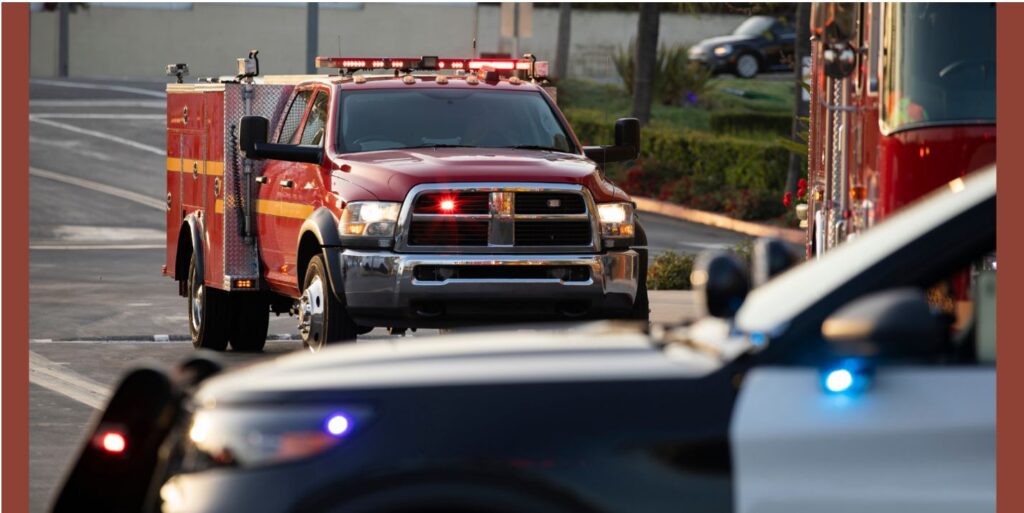In the world of first responders, the weight of responsibility is immense. Police officers, firefighters, paramedics, and emergency medical technicians dedicate their lives to serving and protecting our communities. They face perilous situations, life-and-death decisions, and traumatic experiences daily. While these heroes remain steadfast in their duty to keep us safe, there is an unspoken challenge they face—seeking mental health counseling. The stigma surrounding mental health care for first responders is one that desperately needs to be eradicated. Let’s delve into the issue and discuss the importance of removing this stigma, with some relevant statistics to shed light on the matter.
First responders are no strangers to trauma and stress. In fact, research indicates that they experience higher rates of mental health challenges compared to the general population. A study by the National Institute for Occupational Safety and Health (NIOSH) found that first responders are at an increased risk of developing Post-Traumatic Stress Disorder (PTSD), depression, and anxiety disorders due to the nature of their work. The statistics are sobering; the annual prevalence of PTSD among first responders is estimated to be around 10%, while it’s only about 3.5% in the general population.
However, the very nature of their profession often discourages first responders from seeking the mental health care they so desperately need. The stigma surrounding mental health remains pervasive, and the culture of “toughing it out” and “sucking it up” can be detrimental to their well-being. It’s crucial for us to understand that seeking counseling is a sign of strength, not weakness. By seeking help, first responders can equip themselves with the tools and coping strategies necessary to manage the emotional toll of their profession.
One of the reasons for this stigma is the fear of professional repercussions. Many first responders worry that seeking mental health counseling may result in their jobs being on the line. They fear being perceived as unfit for duty or not “tough enough” for the job. However, we must emphasize that addressing mental health issues should not be seen as a threat to their careers. According to the National Alliance on Mental Illness (NAMI), there are federal laws in place, such as the Americans with Disabilities Act (ADA), that protect employees from discrimination based on mental health conditions. These legal safeguards are essential in dismantling the stigma associated with seeking help.
Another important aspect to consider is the impact of untreated mental health issues on job performance. Statistics show that untreated mental health conditions can significantly affect a first responder’s ability to perform their duties safely and effectively. A study published in the Journal of Emergency Medical Services found that untreated depression among paramedics was linked to a 32% increase in on-the-job errors. In contrast, those who received mental health treatment had a 50% reduction in work-related errors.
To address the stigma, there must be a shift in the culture surrounding mental health within the first responder community. It’s essential for leaders and peers to encourage open conversations about mental well-being. Peer support programs and confidential counseling services can help first responders feel safe and supported in seeking help without judgment. Such initiatives can significantly reduce the stigma associated with mental health care in this noble profession.
Removing the stigma surrounding first responders seeking mental health counseling is not only crucial for their well-being but also for the safety and security of the communities they serve. We must recognize their resilience and courage in the face of adversity and provide the support they need. By embracing a culture of understanding and empathy, we can ensure that first responders no longer suffer in silence, and that they receive the care they deserve. It’s time to break the silence and replace it with compassion, understanding, and a commitment to the mental well-being of our heroes.
